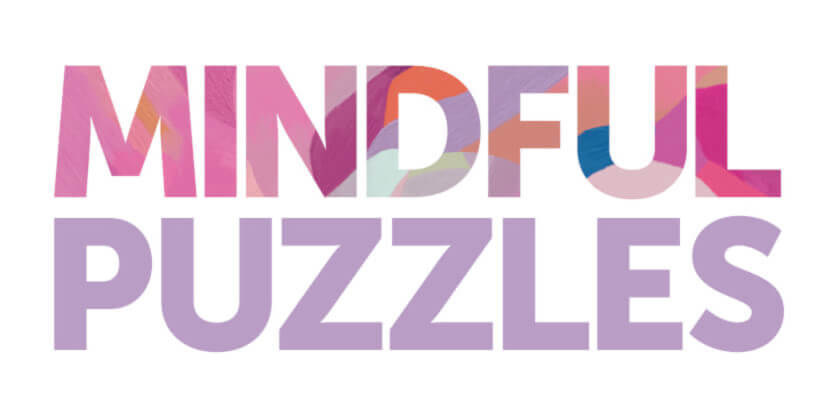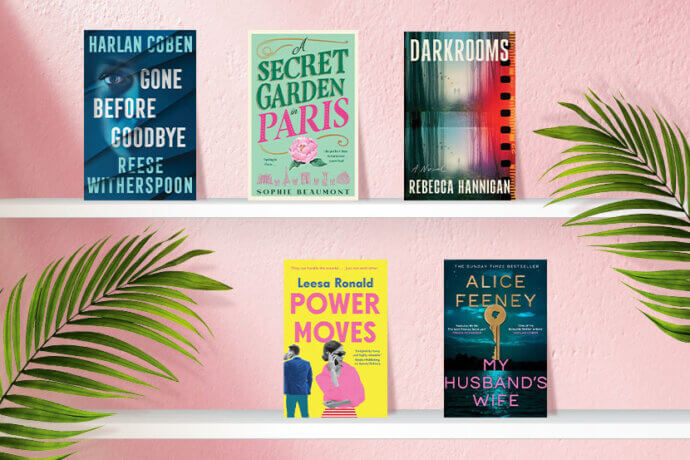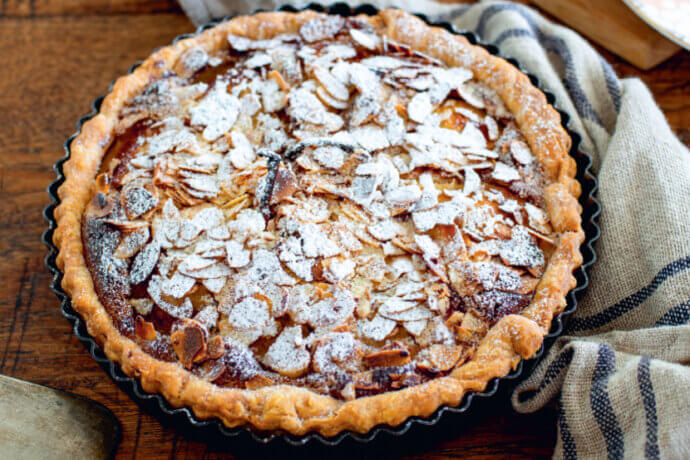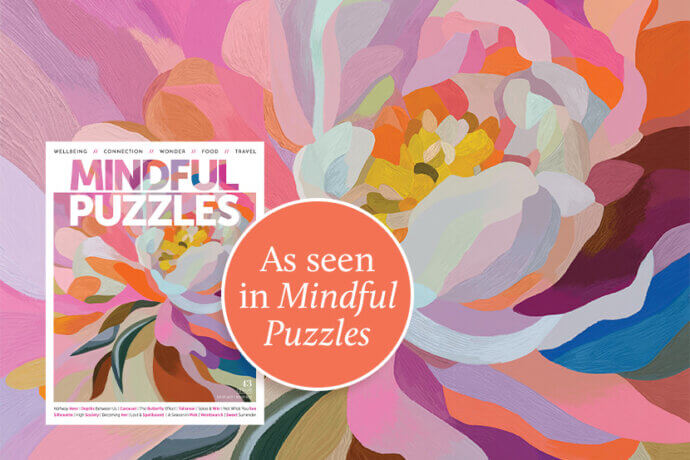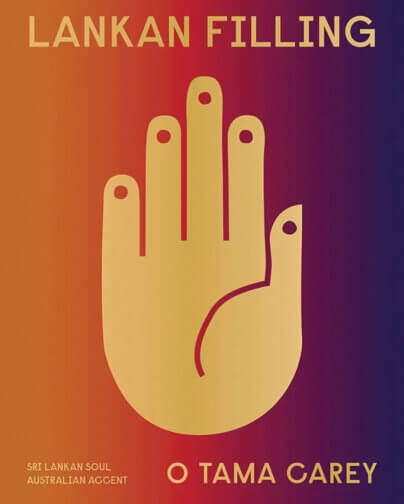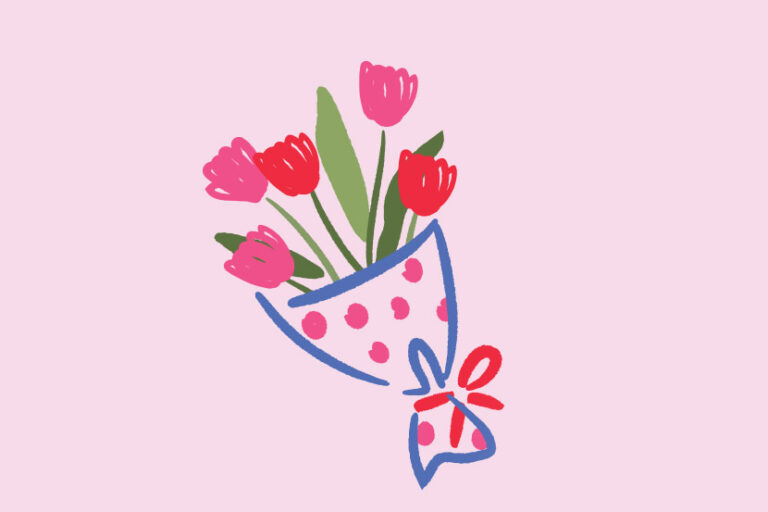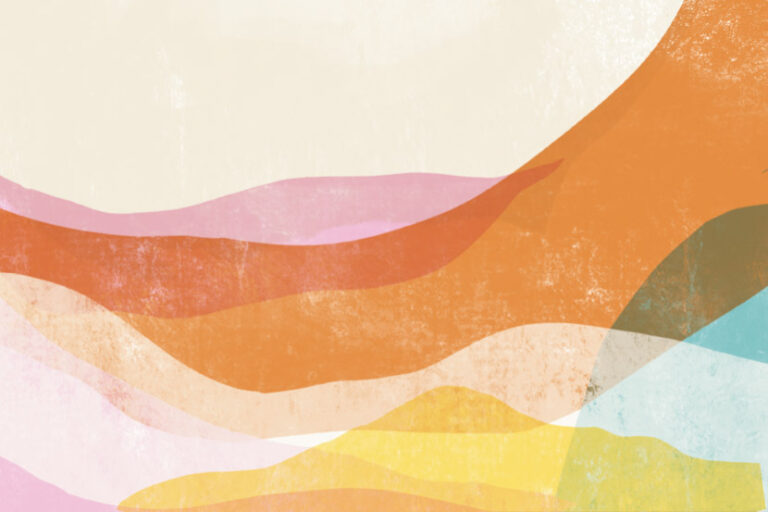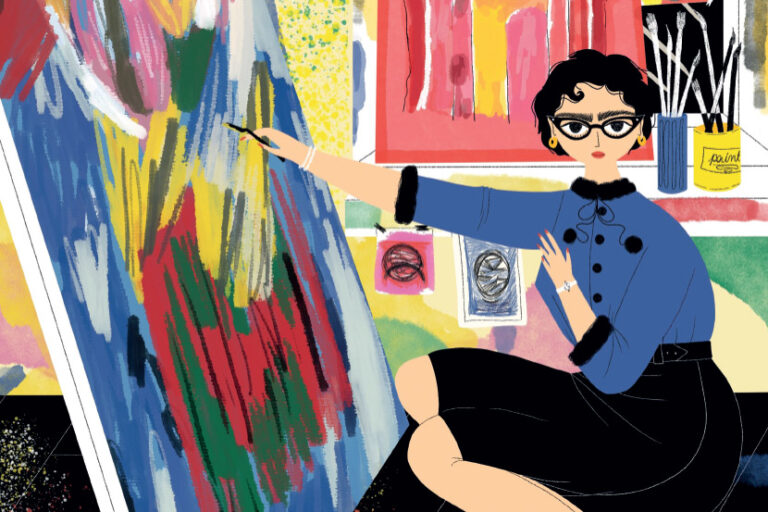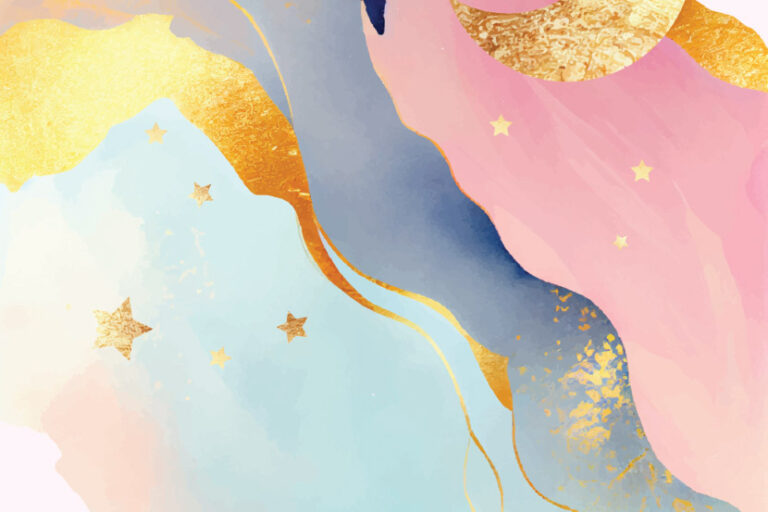
Sisonke Msimang, South African writer and political analyst, shows us how books have the power to land in people’s hearts, and change them for the better.
Solace of Sundays
As a child, I read to escape, to pass the time, to stave off boredom, to learn new words. On Sundays, my mother insisted that my sisters and I read in bed, while she napped. In retrospect, I realise it was her way of finding space, of seeking time away from our demands, from the drudgery of motherhood. On Sunday afternoons she could lie in bed without interruption. No questions, no little faces peering up at her.
Her need for independence and for breathing room was a gift. As she sought her own freedom, my mother pushed her girls towards books.
When I was a teenager, my mother told me always to buy presents for people that I would want for myself. It was a lesson in generosity, but also a reminder of her wise selfishness. The most important gifts she gave us were also gifts to herself. She understood that our freedom was a prerequisite for her own.
Leaned hearts
On those Sundays, we could read whatever we liked. I read a lot of books about horses, most of them not very good. But I was given a copy of Black Beauty by a passing comrade from the UK. That book broke my heart and made me hate adults with a vehemence that my father had to temper with long talks and bedtime tickles. It taught me that books were good not just for reading, but for crying too. I loved Anne of Green Gables as well. And because I had once had a good friend named Diana, I thought that the book was really about me – a headstrong girl whom everyone adored. In my house, of course, there were far too many of us for me to be adored quite as much as Anne.
As I hit my teens, I took books off my parents’ shelf. I gobbled up A Dry White Season by André Brink, often returning to the sexy bits, in part because I couldn’t fully understand the other stuff. I was too far removed from South Africa to see the mastery in Brink’s depiction of Ben Du Toit’s guilt, nor could I fully understand the banality of a young poor black boy’s disappearance in a country I had never visited. I wasn’t old enough to appreciate how well he had portrayed the quiet malevolence of the apartheid system my parents had escaped. I cried and cried when I read Bury My Heart at Wounded Knee. I haven’t read that book in years and I have no idea if it is as good as I believed it was. In many ways I am afraid to reread it. I am not the girl I was back then. Still, it developed my conscience, in much the same way as Oliver Twist and Black Beauty. And of course, as I think about it now, it is obvious that by insisting that we read, our mother was gifting us these big hearts that have carried us this far. Years later, when I read The Fire Next Time in university, I thought back to Dee Brown’s book. James Baldwin wrote, “You think your pain and your heartbreak are unprecedented in the history of the world, but then you read. It was [books that] taught me that the things that tormented me most were the very things that connected me with all the people who were alive, or who had ever been alive.”
To be spoken aloud
When I went to college I moved far from home. I left East Africa where I had grown up, where my mother had forced me to lie on the top bunk reading. I travelled to America to study and there I met a woman who taught me how to read aloud. She supplemented the gift of reading my mother had provided. While at home I had learned to read in solitude, in America I learned to read aloud. From my new friend I learned that words are too important not to be spoken aloud, to be shared sensually.
We met on campus during our first week. We were only 18 so we didn’t yet really know who we were, although we thought we knew. My ideas were not yet fully formed but I did not know this and so I spoke with great certainty and conviction. My dear friend was the same.
Had it not been for that first gift of reading from my mother – the love of books, the instinctive need for them when I had nothing else to do – I might have remained insufferably sure of myself. But I was lucky, I loved the kind of books that forced me to be more thoughtful. I was luckier still to find a lover of books who insisted that we think together, that we read aloud. We sat and we sat. And then, we talked.
She is no longer in my life. Growing up parted us, but the gifts we gave one another endure.
We both loved books and we were both burning with self-righteousness and the anger generated by indignation when one is 18. We recognised this fire in one another – and reached out to touch one another’s heat. Soon we could not remember how it had been to read alone.
We began with Ntozake Shange’s For Colored Girls Who Have Considered Suicide / When The Rainbow is Enuf. We could not afford to buy it because neither of us came from money. Indeed, none of the books we read aloud to one another in those years belonged to either of us. It was a luxury to own books but a necessity to read them, so we lived in the library. We would check out the titles we wanted and needed, then photocopy the pages we loved the most.
Poetry was one of the gifts my friend gave me before life made us too busy to bother trying to make sense of fragments. Now I deal only in what is whole – what presents itself to me without the need for interpretation. The fact that I don’t remember the last time I read a poem is a reminder that we don’t get to keep all the gifts reading gives us.
Still, reading together made us better readers. It helped us to understand that we were not the most sophisticated analysts of our condition, nor the most witty. To read Nikki Giovanni, who was in a special category of gift – she was a present – was to revel in the sly wit of a woman whose smarts made you jealous.
More powerful than rage
When it was not enough to read aloud to one another, we gathered a small group of friends. Now there were five. We gave our circle a funny little name – Sisters in Struggle. It is embarrassing to think of it now. We were so young.
We took over stages with no talents of our own save the desire to hear the words we loved spoken out loud. Seething with anger and bursting with love and full to the brim with these precious words we didn’t care whether we were good or not, what we knew was that the words were good, which is to say they were important. This was the next gift reading gave me – the gift of recognition.
Reading gave us a platform and let us channel our rage. In Bill Clinton’s America, during the era of crack dens and welfare queens and the low-grade war against black communities masquerading as concern, the act of reading out loud, of committing our words first to memory then to the air so others might hear them too, was political.
Sometimes the words we read aloud made others want to tear down walls and pump fists in the air. Often, the poems just made people want to weep.
The moments I remember the most were afterwards, when the silence that always followed the readings took hold. There would be a stillness I can only describe as tenderness, a reaching out and across. Sometimes it was the clasp of warm old ladies’ hands on our faces. Often, it was the embrace of brothers who didn’t want to sleep with us, who only wanted to touch us in order to say ‘thank you’. The moments after our performances were soft and more powerful than rage.
Promise of posterity
If I do not keep my books, my children will have nothing else of value to remember me by, even if I am no longer convinced that the books will survive the decades to come as sea levels rise and storms gather and plastic strangles everything that grows.
Still, until the apocalypse comes I will keep the books for my children on my shelf, in the hope that their lives are not so very different from the one I lived as a child. I will keep the books for them as a way of staying hopeful. The books I keep are a promise, a whisper to the wind. Let them grow and prosper. Let them have their own children and may they love them as fearsomely as I was loved. Let them gift their own children the solace of Sundays.
Let them read Alice in Wonderland and giggle and roll their eyes the way I once did. Let them read A Grain of Wheat and So Long a Letter and feel in their chests the swell of pride at what Africans have done with the pen. Let them discover Edwidge Danticat and Zadie Smith and Jamaica Kincaid. Let my grandchildren read The God of Small Things and let them marvel at the beauty of the planet as it once existed. Let these books be their memory.
In the end, this is why I keep my books. I keep them because words are the most precious gifts I know how to share and I want my children’s children who have yet to be born and whom I may never meet, to learn how to pass time, to stave off boredom, to learn new words. I keep my books – I hold on to them tightly – because my mother pushed her girls towards books and I am hopelessly nostalgic.
I keep my books because if there is anything I have learned it is that nostalgia is the mother of posterity. I keep my books because although the very idea of the future is almost laughable at this point, it is also unimaginable that in the ill-defined distance ahead, my children’s children might exist without them.
